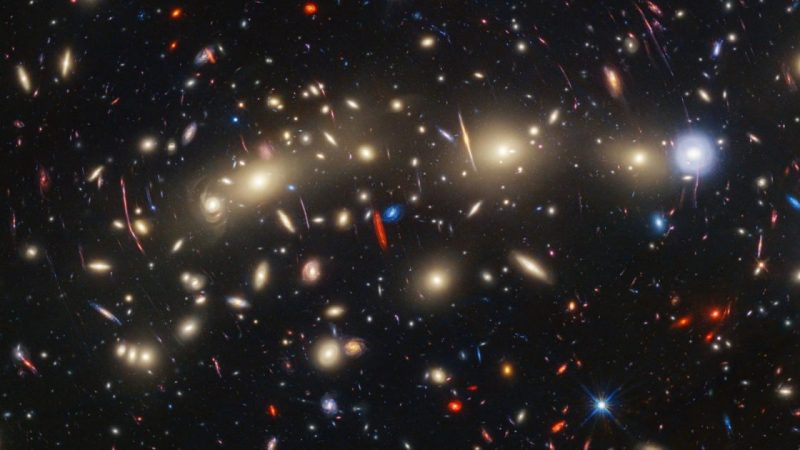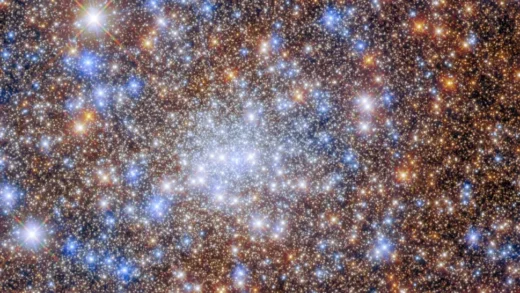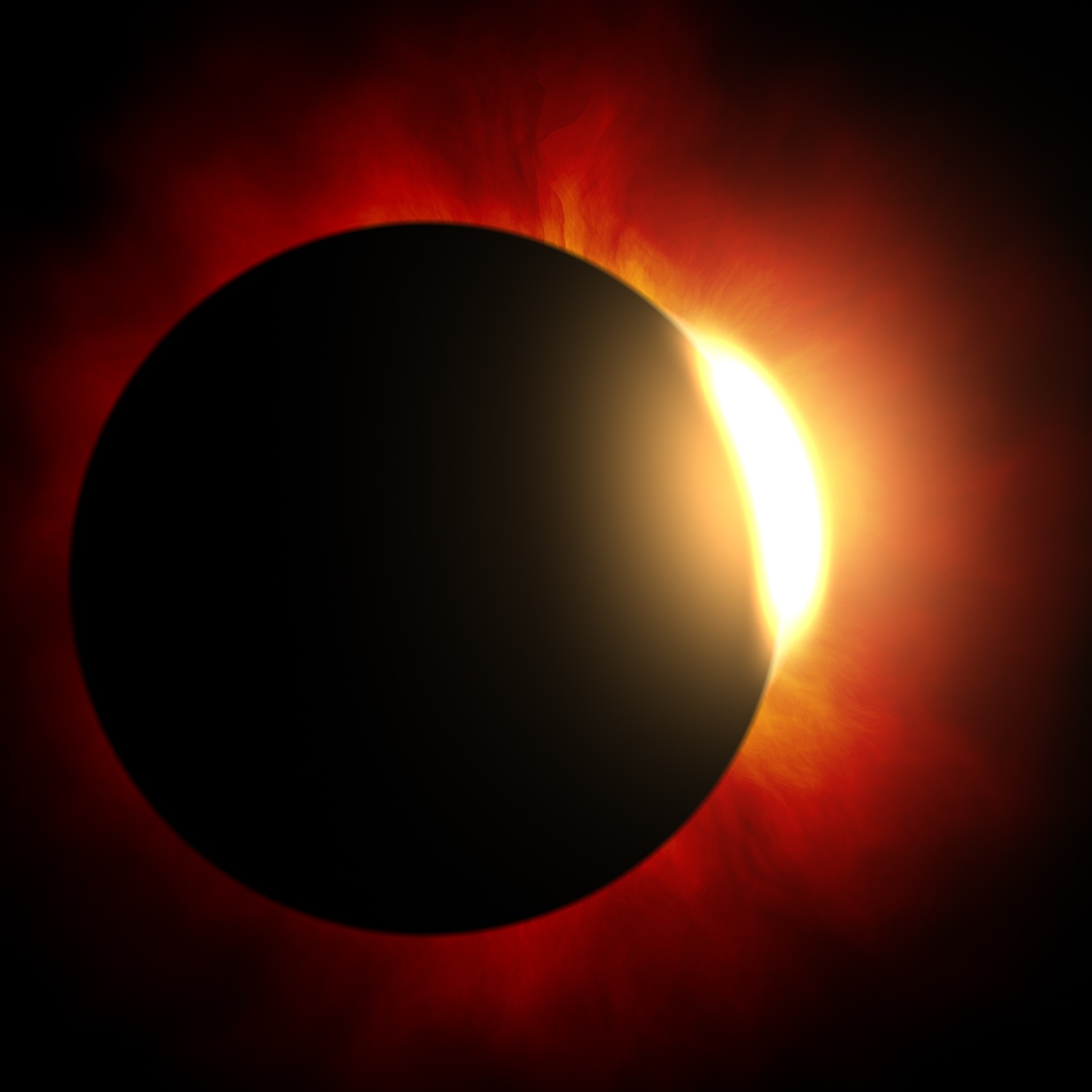New theory suggests mysterious ‘unparticles’ as responsible for universe’s expansion

Universe expansion mystery has taken a new turn with a recent theoretical paper that proposes that the ever-accelerating expansion of the universe might be powered by a mysterious form of matter known as ‘unparticles’. This proposition challenges the prevailing understanding of dark energy and its role in overall cosmology.
While astronomers widely agree with the notion of the universal expansion, they have not yet been able to settle the idea due to the lack of any direct evidence. They have long pointed to dark energy, usually described by a cosmological constant, as a top explanation. But recent astronomical observations with advanced instruments such as James Webb Space Telescope have raised doubts, prompting researchers to explore alternative explanations for the universe’s expansion. And now, they’ve achieved something truly remarkable right from the start.
In a new paper, published in the Journal of Cosmology and Astroparticle Physics in December 2023, a team of researchers from the Ariel University have explored the concept of “unparticles” as a potential explanation for the universe’s expansion. Unparticles, a theoretical form of matter, defy the conventions of the Standard Model of particle physics. Unlike ordinary particles, they lack distinct mass and momentum, exhibiting fluid-like behavior at larger scales.
“The idea of unparticles was introduced by (theoretical physicist Howard) Georgi over a decade ago,” said lead study author Ido Ben-Dayan, also of Ariel University. “In fundamental physics, we usually discuss fields, like the electric field, where particles are excitations of that field. In the electric field case, these are the photons, or packets of light.” Ben-Dayan added that, in almost all cases, particles are excitations with a well-defined mass and momentum.
Ben-Dayan further explained unparticles originate from a group of fields, and their excitations don’t have well-defined momentum or mass. This means they act like a fluid on a larger scale. A notable result of this behavior is that their equation of state, which describes how pressure relates to energy density, changes depending on temperature.
The properties of unparticles’ equation of state are quite similar to those of the cosmological constant, according to the scientists. In addition, because unparticles interact minimally with regular matter, they’re considered a plausible option for explaining dark energy. Ben-Dayan and his colleague, Utkarsh Kumar, presented the unparticle hypothesis along with observational data to see if it could stand as an alternative to the cosmological constant.
Their research brought some promising results. By incorporating the unparticle theory, they were able to significantly reduce differences in important parameters like the Hubble constant and the S8 parameter. Unlike calculations based on the usual cosmological model, the values derived from the unparticle theory lined up with each other, suggesting it might help solve the discrepancies in current cosmological observations.
It’s worth noting, though, that there isn’t any solid evidence backing up the unparticle theory just yet. “Our model is tested by constantly improving cosmological observations,” Ben-Dayan said. “If it is correct, future Cosmic Microwave Background experiments should [confirm it],” Ben-Dayan noted.
Despite this, the authors are hopeful that advancements in astronomical measurements in the next ten years could confirm their idea. They think that future experiments, especially those looking into dark energy, could either prove or disprove the unparticle hypothesis.
“While there isn’t any solid proof yet for this theory, we believe that as astronomical measurements get more precise over the next decade, we’ll be able to confirm whether unparticles are the real deal,” Ben-Dayan said.
Ben-Dayan emphasizes how ongoing cosmological observations are essential for testing their model. He mentions upcoming Cosmic Microwave Background experiments as potential ways to check it. Moreover, there are efforts underway to improve the accuracy of calculations and explore how unparticles interact with elementary particles in accelerators.
Efforts to understand dark energy are ramping up, with plans for telescopes to delve even deeper into the universe’s past, Ben-Dayan explained. And on top of that, the physicists are planning to fine-tune their calculations and hunt for signs of unparticles in familiar experiments with elementary particles in accelerators, where the presence of unparticles might shake things up.
“We plan to consider interactions between unparticles and the Standard Model of elementary particles,” Kumar said. “This can further test our model. We will further study some extensions of our model and their cosmological consequences.”
Auto Amazon Links: No products found.


